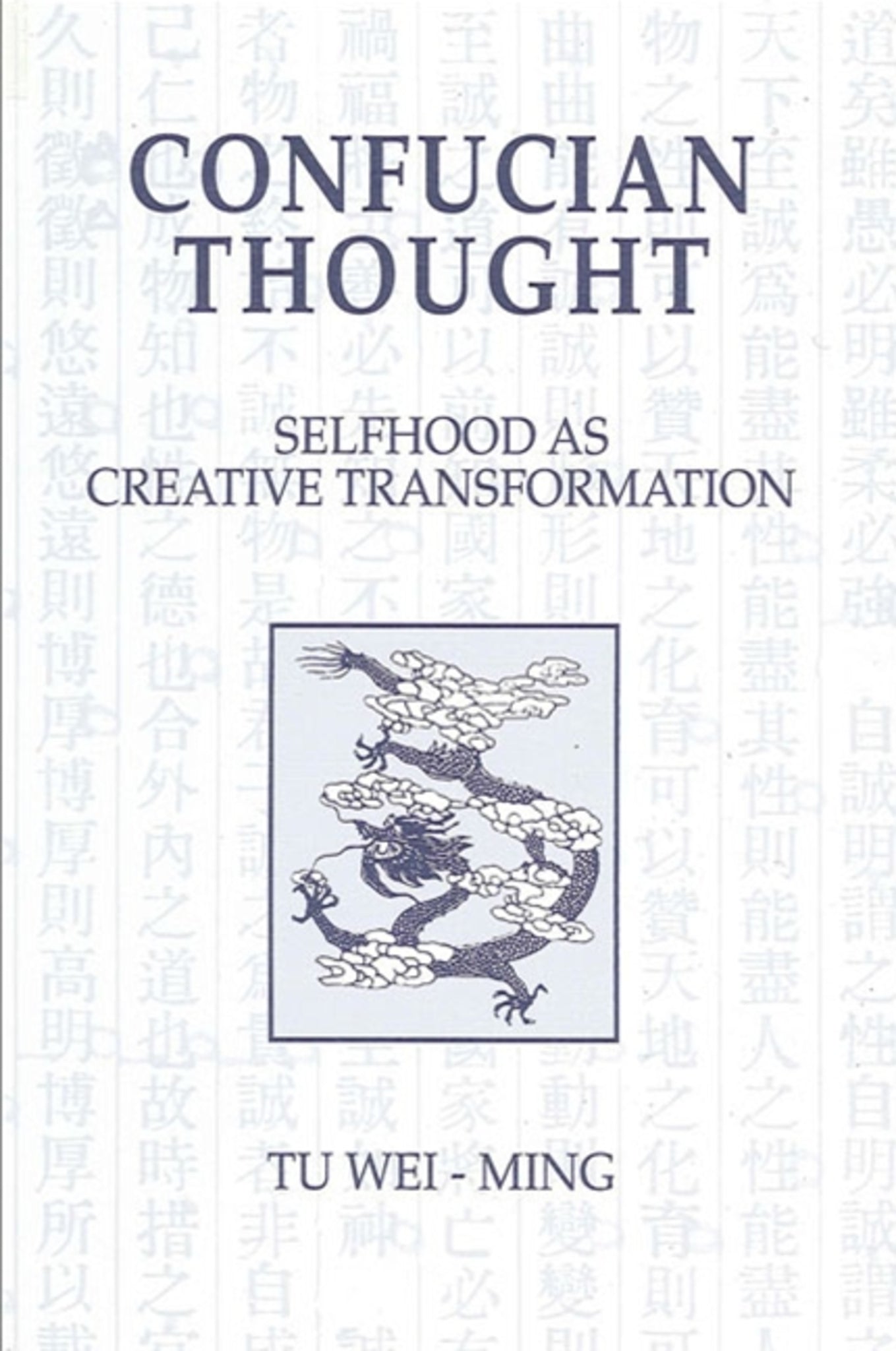We're sorry. An error has occurred
Please cancel or retry.
Confucian Thought

Some error occured while loading the Quick View. Please close the Quick View and try reloading the page.
Couldn't load pickup availability
- Format:
-
30 June 1985

Tu Wei-ming is the foremost exponent of Confucian thought in the United States today. Over the last two decades he has been developing a creative scholarly interpretation of Confucian humanism as a living tradition. The result is a work of interpretive brilliance that revitalizes Confucian thought, making it a legitimate concern of contemporary philosophical reflections.
Confucian Thought: Selfhood as Creative Transformation is a collection of Tu's seminal essays. It is a sustained deliberation on the substance and worth of the Confucian conception of personhood. This analysis complements Tu's highly acclaimed Humanity and Self-Cultivation: Essays in Confucian Thought as a continued expression of his deepening understanding of Confucianism voiced through various perennial human concerns.
Tu weaves philosophic, historical, anthropological, sociological, and psychological perspectives into a coherent discussion of the Confucian themes that continue to inspire the modern intellectual mind. His is a vital contribution to Chinese thought and religion.


"The essays in this volume present themselves as attempts at transmission and interpretation, Confucius' own self-understanding. But embodied in that task is one of the most exciting and creative philosophical projects of our time: The evocation of a world philosophy for the twentieth century from Confucian roots." — from the Foreword
Acknowledgments
Introduction
1. The "Moral Universal" from the Perspectives of East Asian Thought
2. The Continuity of Being: Chinese Visions of Nature
3. A Confucian Perspective on Leaning to be Human
4. The Value of the Human in Classical Confucian Thought
5. Jen as a Living Metaphor in the Confucian Analects
6. The Idea of the Human in Mencian Thought: An Approach to Chinese Aesthetics
7. Selfhood and Otherness: The Father-Son Relationship in Confucian Thought
8. Neo-Confucian Religiosity and Human-Relatedness
9. Neo-Confucian Onotology: A Preliminary Questioning
Glossary
Bibliography of Tu Wei-ming
Index



